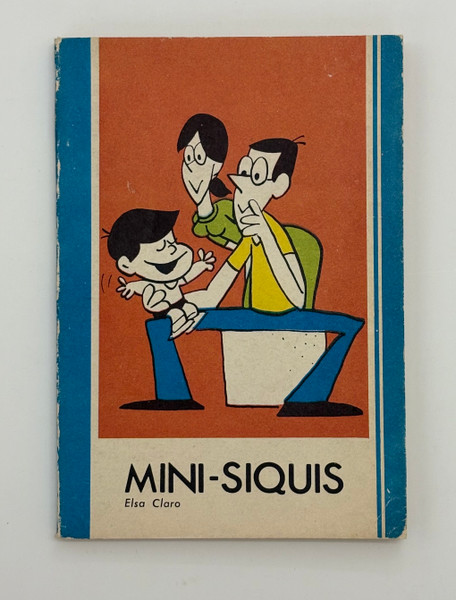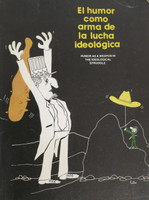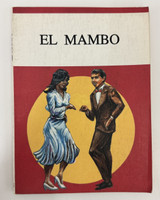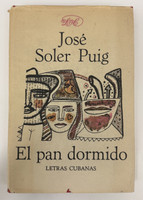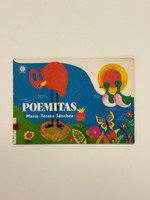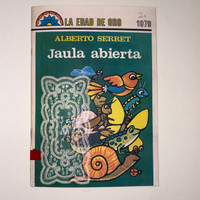- Travel
-
Exhibits
- José Fuster
- La Portada Cubana
- Immortal Cuba: Artists Take on Their Heroes
- Seattle Poster Exhibit
- Sandra Dooley & Alejandrina Cué
- The Art of Wayacón
- Cuban Folk Art
- Cuba In Black And White
- 25 Years of Cuban Art Space
- Summer Folk Art Expo
- ¡SPRING AWAKENING FROM CUBA!
- Celebrating The Art Of Cuban Women
- Celebrating Paper, Affordable Art from Cuba
- Art of the Revolution
- Outsider Art
- Lost and Found
- En la lucha: Celebrating Cuban Women and Their Art
- Cuban Art Stash
- 100 Fires: 5 Cienfuegos Artists' Work on Paper
- Waya + Monte! Magic Realism in Cienfuegos
- Viva Cuba Viva! Poster Show
- Cultivando Sueños
- Black Lives Matter in Cuba Jan 9-March 27
- Leandro Soto: Crónicas visuales
- Cuban Canvas
-
Archive
- Global Reflection 2018: Spirit and Community
- Exhibit in the cloud: Contemporary Works on Paper
- MADE IN CUBA! MINNEAPOLIS EXHIBIT
- Cuban Posters and Photography from CCS collection
- AUTUMN SALE! Sept/Oct 2017
- SPRING ARTS AND CRAFT SALE
- Vuelo Directo/Non Stop: Alberto & Alejandro Lescay
- The Many Faces of Fidel
- Somos
- Made in Cuba!
- The US empire in Cuban graphics
- Made in Cuba/Seattle exhibit
- Entre Nos
- Looking Back
- Cuban Art Space
- Membership/Donate
- About Us
- Cuba News
-
Mini-siquis represents an important contribution to Cuban popular psychology and family education literature during the revolutionary period. Journalist Elsa Claro created the "Mini-siquis" section in Juventud Rebelde magazine in 1972, publishing a series of accessible articles on child and adolescent psychology commissioned by Cuba's Ministry of Education. These articles addressed practical aspects of child development, helping adults better understand and communicate with young people during their formative years.
Cover designer Armando Millares and illustrator Manuel Lamar (known as Lilla) create a warm, inviting design that perfectly captures the book's educational yet approachable tone. The cover features a charming cartoon-style family scene against a vibrant coral-orange background framed by bright blue borders. A cheerful child waves from the foreground while the parents stand behind, the father holding what appears to be a book or magazine in green and yellow tones. The simplified, geometric character designs with their wide eyes and expressive faces recall mid-century modern illustration aesthetics while maintaining a distinctly Cuban sensibility.
The illustration style reflects the optimistic, family-centered values promoted by the revolutionary government's educational campaigns. Rather than clinical or academic imagery, Millares and Lilla chose a friendly, cartoon approach that would appeal to parents and educators seeking guidance on child-rearing in revolutionary Cuba. The bold color blocking and clean lines demonstrate the sophisticated graphic design emerging from Cuban state publishers during the 1980s.
Published by Editorial Científico-Técnica under Cuba's Ministry of Culture, this 1983 first reprint edition indicates the book's popularity and continued relevance. The book addresses fundamental questions about improving parent-child relationships and properly incorporating young people into socialist society. Claro's articles provide numerous responses to questions related to the decisive formation of younger generations, making psychological concepts accessible to everyday Cuban families.
The book's dedication honors Dr. Alfonso Bernal del Riesgo, described as a simple yet revolutionary teacher and vertical revolutionary, along with his wife Carmen and Claro's own children, reflecting the intergenerational transmission of revolutionary values through education and family life.
-
-
Discover More at the Center for Cuban Studies

